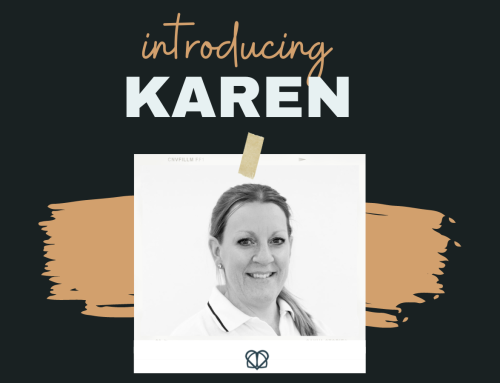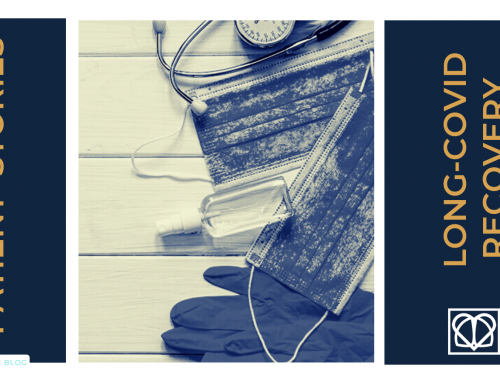
When you are diagnosed with chronic obstructive pulmonary disease (COPD) a whole host of questions often arise.
What exactly is it?
How do you manage it?
What can be done to treat the disease?
We’ve taken a look at COPD and what it is before in our “Placing COPD in the spotlight” blog. We know that alongside all the questions that arise come a number of misconceptions too, myths that need to be debunked to properly understand COPD, its causes and how to manage the symptoms.
“You have to be a smoker to get COPD” – myth
In the past this was the general assumption. But research over recent years has revealed that there’s much more to it. The statistics do show that if you smoke or have been a smoker in the past, your risks of developing COPD are considerably higher. You’re most likely to develop COPD if you’re over 35 and are, or have been, a smoker.
But this doesn’t meant that non-smokers are immune. 20% of COPD diagnosed in the UK is not related to smoking. There are other factors that can mean you develop COPD, even if you have never lit a cigarette:
-
exposure to fumes and dust
-
air pollution
-
genetic tendency to the disease (e.g alpha-1-antitrypsin deficiency, a rare genetic condition that can make you susceptible to developing COPD at a young age)
-
passive smoking
“Why bother quitting smoking? The damage has already been done to my lungs” And another related myth – “If you stop smoking, COPD is gone” – myth
This is one of the biggest myths – and we can’t stress more that giving up smoking is the best thing you can do for your ongoing health.
Quitting will mean preventing any further damage to your lungs, potentially reducing the symptoms, slowing down the progression of the disease and may mean you feel better in yourself. Recommendations for maximising your health once you’ve been diagnosed with COPD include exercising more, making sure you maintain a healthy body weight and eating a nutritious diet. These will all support your overall prognosis so that you can enjoy the best quality of life possible.
“COPD affects only the lungs” – myth
Whilst the effects on the lungs are clear, there are also other areas of the body that are affected. COPD can increase your risk of heart disease, including heart attack. It may also cause high blood pressure in the arteries that bring blood to your lungs (pulmonary hypertension).
There are also issues beyond the physiological. Because the ability to do normal activities can be reduced means that the risk of developing depression also increases.
“If you have COPD, you can’t exercise” – myth
We already mentioned this in a previous point – exercise is an important aspect of treating the disease. Exercise helps to maintain strength in your muscles, helping the body to use oxygen better. It will also keep your heart and cardiovascular system healthy which improves your circulation. Being more physically active is known to increase energy levels and this is particularly important if you have COPD as it enables you to do more activities without becoming tired or short of breath.
“When it comes to exercising with COPD, no pain no gain” – myth
This is absolutely not true! When exercising with COPD you should do so under the guidance of a medical professional such as a respiratory physiotherapist who can assess your individual circumstances, your current ability and devise a bespoke programme that will be exactly right for you.
“I’m not breathless so I can’t have COPD” – myth
One of the major symptoms of COPD is breathlessness but there are other ones to look out for too. Common signs include tiredness, a persistent cough which produces phlegm, chest infections and wheezing. You may also find you’re suffering from recurrent colds and flu.
These symptoms may be present at all times, or they might appear or get worse when you have an infection or breathe in smoke or fumes.
“Patients on oxygen can become addicted to and dependent on it” – myth
When you’re in the later stages of COPD, you may need supplemental oxygen to help ensure your body gets enough.
If this is the case then do not worry about this myth. There is no risk of becoming addicted to or dependent on oxygen – it’s what we need to survive. The oxygen is simply supporting what your lungs can no longer do for themselves. In some circumstances you may only need it if you are exercising and this is because your body may be unable to keep up with the oxygen demands during exercise. After all, the harder your muscles work, the more oxygen they will require!
Speak to your GP or physiotherapist about your recommended dosage.
“There’s no cure for COPD” – fact
This is true – once a person has been diagnosed, the lungs have been damaged and won’t cure themselves.
Treatment is vital to prevent further damage, reduce the risk of complications and ease some of the symptoms. A combination of pulmonary rehabilitation, medicines and oxygen therapy will form part of your treatment.




